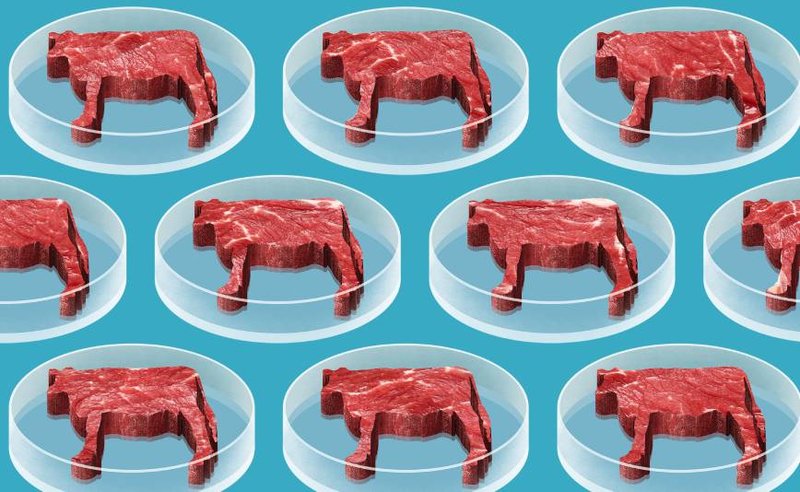Smart farming refers to the integrated use of advanced hardware and software in the farming management cycle. Smart sensors help farmers observe crops or animals in ways that are beyond the human senses and capabilities. Software can interpret and combine sensor data so that the farmer can make more informed decisions. In some cases, artificial intelligence makes systems more autonomous, enabling them to make decisions on their own.
Smart farming can improve production processes significantly in terms of resource use efficiency – not only in the economic sense but also by reducing environmental problems. The main beneficiary is, of course, the farmer, but technology providers and related intermediaries will profit too. The fact that more data is generated about the production process means consumers may also benefit, if this data is used to create more transparency around how crops are grown and animals are reared.
Conventional farming is not really a homogeneous pursuit; in reality, there is a lot of diversity between farmers. So, I think it is better to talk about certain practices that will become extinct. For example, smart farming will enable more precise application and treatment of crops with pesticides or fertilisers, instead of whole-field application. This is already happening now and will become mainstream in the next 10 years, although the possibilities can depend considerably on the specific problem or disease. Organic farming is also benefiting from smart technologies – in the form of a reduced need for manual labour, for example – so it, too, will change.
IoT is a subset of a range of smart technologies that, in order to be effective, can be applied and should be combined with other technologies, such as AI, big data analysis, linked data, etc. IoT is an important driver in making (farming) processes more autonomous by facilitating 24/7 monitoring of crops and animals, and offering the possibility of performing processes completely autonomously, i.e. with no intervention by the farmer. In the future, we can envisage the food production process – from seed to plate – happening without any human intervention.
The Internet of Food and Farm 2020 (IoF2020) has just recently ended, but activities and developments will continue in the context of the SmartAgriHubs project. IoF2020 explored the potential of IoT in smart farming through 33 use case projects from all over Europe in various sub-sectors. Many of the promising applications to have come out of this project are currently being commercialised. SmartAgriHubs is endeavouring to establish local/regional Digital Innovation Hubs all over Europe to foster digital innovation in agriculture and food, and form a network for sharing state-of-the-art knowledge and experiences.

Farms, Labs and Beyond: Fixing a Broken Food System
– This conference will take place online –